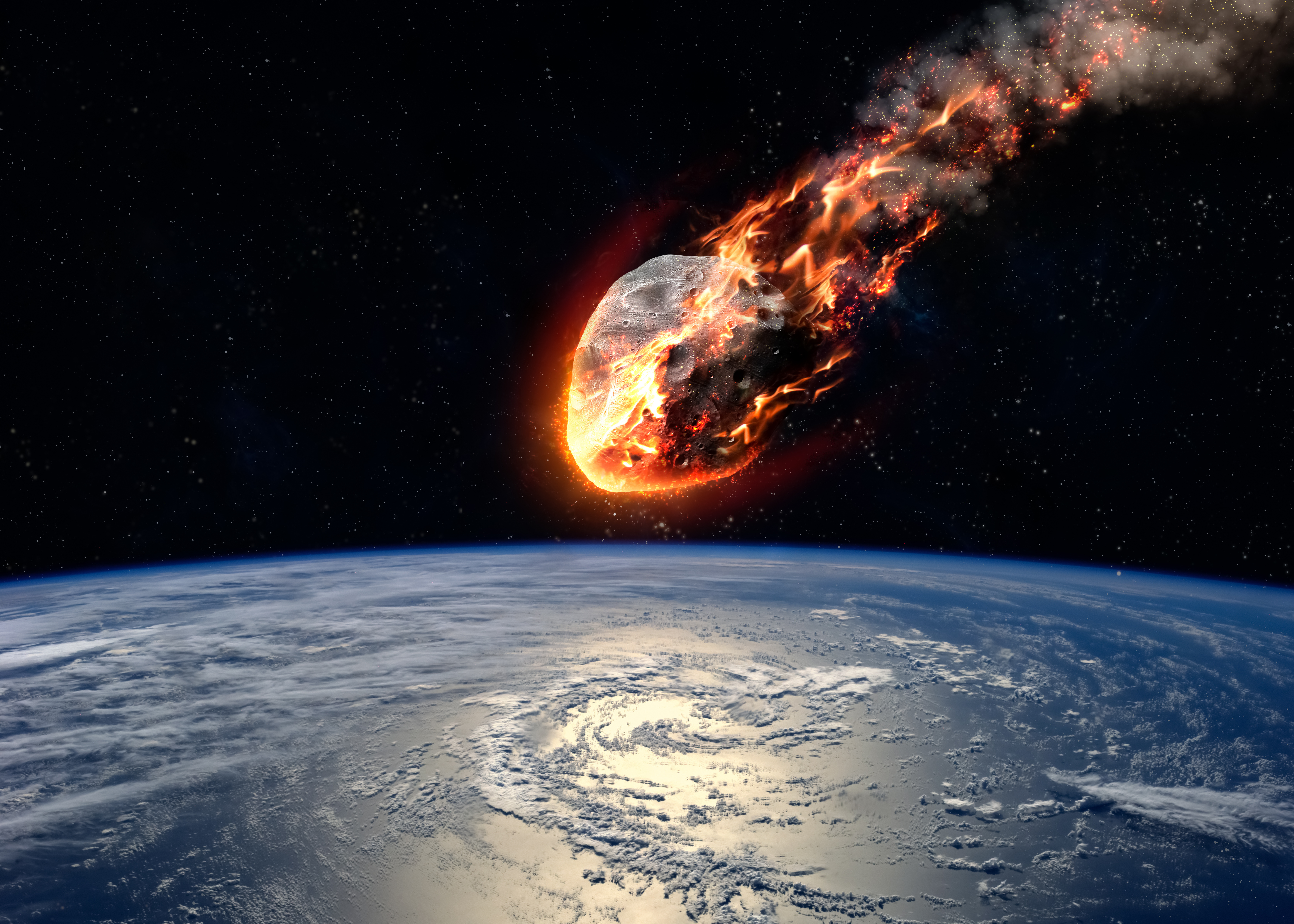News release
From:
Asteroids colliding with the Earth might seem farfetched, but the planetary threat is real. Just this year news broke of an asteroid with a 1-2 per cent chance of a fatal collision occurring in 2032. While more recent measurements of Asteroid 2024 YR4 suggest the threat will not be realised this time, what about the next time?
A new Swinburne research paper delves into the ethical, legal and social issues involved in asteroid mining and planetary defence. It highlights the need for a framework or governing body to be established to protect civilisation.
This is not a new issue but one that continues to plague the world, with no clear mandates for who should act in the interest of protecting the planet and our lives, says lead author Swinburne bioethicist expert Dr Evie Kendal.
“It is not just in planetary defence that human interactions with asteroids fall into an ethical and legal grey area, with asteroid mining continuing to attract prospective businesses despite a lack of clarity regarding ownership rights.
“While the legal situation is being considered globally, various ethical issues remain, including how to protect occupational health and safety for off-world miners, how off-world mineral assets should be taxed and how we can avoid space piracy and claim-jumping that would undermine confidence among prospectors.
“More broadly, issues like should we be disturbing the space environment at all and if so, where should the extracted resources be used to avoid exacerbating climate change on Earth, warrant closer attention.”
Dr Kendal points to NASA’s Double Asteroid Redirection Test (DART) mission, a collaboration with private company, SpaceX. DART crashed into the Didymos asteroid in September 2022, successfully altering its trajectory.
“This was a world first proof-of-concept for planetary defence using kinetic impactor technology.”
While most asteroids and comets burn up in the atmosphere on their way to Earth, larger ones like 2024 YR4 could cause significant damage and even global catastrophes.
“For a planetary defence response, many assume the UN-endorsed Space Mission Planning Advisory Group (SMPAG) will play a central role and most likely lean heavily on those involved in the DART mission,” says Dr Kendal.
“However, the highly publicised tensions between the current US President, Donald Trump, and the founder and CEO of SpaceX, Elon Musk, coupled with recent funding decisions severely impacting the scope of NASA’s work, mean such an assumption should be doubted.”
Frameworks and governing bodies need to be developed now in order to prepare and protect for the future, Dr Kendal says. The 2021 comedy film, Don’t Look Up, also explores a hypothetical scenario in which a planetary defence action is undermined so a private company can mine the valuable comet instead.
“In both the asteroid mining and planetary defence contexts, we can no longer rely on non-binding agreements or assumptions based on historical cooperation. We need clear ethical and policy guidance to govern continued human activity in the space domain.”
ENDS
Dr Evie Kendal is available for interview.



 Australia; VIC
Australia; VIC


